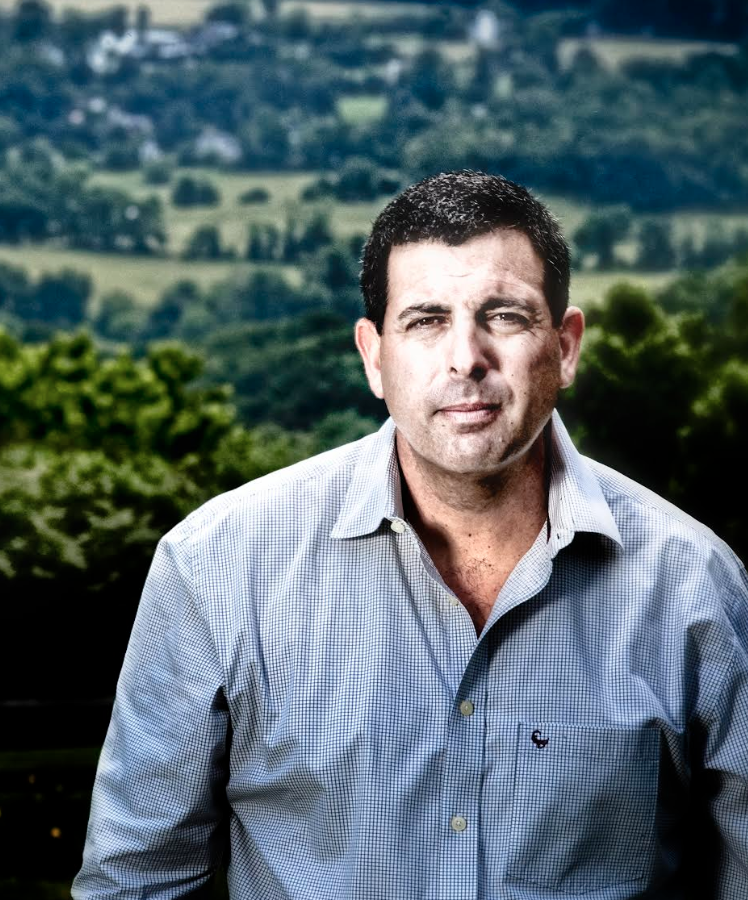On the journey from struggle to strength, there is often one major obstacle in the way of our progress: shame. If not removed, shame can stop you in your tracks and prevent you from achieving the freedom, balance, and peace that you deserve and desire.
Where does the shame come from? For most people, shame either originates in the past, or from unhealthy choices they’ve made as an adult when reacting badly during times of struggle.
Many hold shame connected to painful experiences from the past. Consider some of the examples of childhood trauma we’ve discussed, such as an abused child. Children’s understanding of the world is limited to the lens they’ve been given; if someone hurts a child, and she’s told the abuse is somehow her fault, she’ll believe that. People who grow up with this kind of history internalize the idea that they’re bad at the core. “If I was a good enough kid, my parents wouldn’t have gotten divorced.” “I wouldn’t have gotten abused.” “I wouldn’t have gotten punished.” Shame becomes deeply rooted early in life, and contributes to a belief that you have no value or worth.
This then leads to the second source of shame. When you carry past trauma into adulthood, you may end up committing the same wrongs to others that were done to you. In other cases, you’re simply unable to self-regulate, which makes you do things you regret. You get trapped in the React Sine Wave of life where you’re not in control; instead, situations dictate your reactions. People describe an inability to remember doing a regrettable act, so strongly was an unconscious behavior triggered. When something bad happens, you may overreact to your present situation—and then must live with the consequences.
Let’s say, for instance, that you’re struggling in your relationship with your spouse. Your fights contribute to the idea that you have no value, and the combination of fear and sadness that whips up inside you rockets your reaction into rage. So you do something impulsive: you go out, and you cheat on your spouse. Immediately afterwards, you feel terrible. The worthlessness you were battling returns tenfold. Your goal all along was to be a good spouse, a valuable spouse—but now you’ve only confirmed your worst fears about yourself. The distance between who you want to be, and your actual behavior, spreads further. The shame grows. The sine wave plummets, and the cycle of reaction continues.
Shame’s power is rooted in judgment of self. Like the Hanoi Hilton prisoners, shame is born when you recognize that your behavior does not reflect the person you want to be. Recognizing the distance between those two points can create deep self-loathing.
This self-loathing blocks the connection between your head and your heart; the first disconnection happens internally. Let’s look at your heart. Perhaps shame has made you feel incompetent or unworthy. Maybe you missed another one of your son’s soccer games because you stayed late at work, and you feel like a bad parent. Listening to that shame-message prevents you from effectively functioning in the world, so you cut off those feelings, and deal solely from your head: “He’ll get over it. It’s me that’s paying for his soccer stuff anyway.” The source of your compassion, values, and your emotional core is simply cut off.
Often, this makes matters worse, because the distance expands between who you think you are, and the ways you behave. Shame grows. You start to feel as though you’re not a good person; you may act out toward your spouse or other loved ones. Your self-confidence, your beliefs, your sense of values erode. You then take that out on the world and on yourself.
Can you see where this is going? An internal disconnection leads to disconnection with other people—and usually that’s most apparent with the people you love most. We’ve discussed in previous chapters that you can’t give any- thing to anyone else that you don’t possess yourself. If you possess so much shame that you feel worthless—it’s nearly impossible to communicate worth, value, and love to other people.
Unfortunately, the negative consequences of shame don’t stop with relationships. The sense of worthlessness that shame produces makes it nearly impossible to struggle well. How can you build a strong support network if you believe that you’re not worthy of good relationships or positive outcomes? How can you identify wellness practices that reflect your values, if you’re disconnected from your heart and the source of your values? How can you serve others, if you believe you have nothing to contribute?
Standing opposite of shame, is authenticity. People who have authentic relationships in their lives—not just with an intimate spouse, but to the people who surround them—are happier and more fulfilled. Those who can allow themselves to be honestly known experience a healthier relationship with themselves and others. And it’s this connection that’s the key to a happy, successful, and fulfilling life.
Excerpted from Struggle Well: Thriving in the Aftermath of Trauma by Ken Falke and Josh Goldberg.



